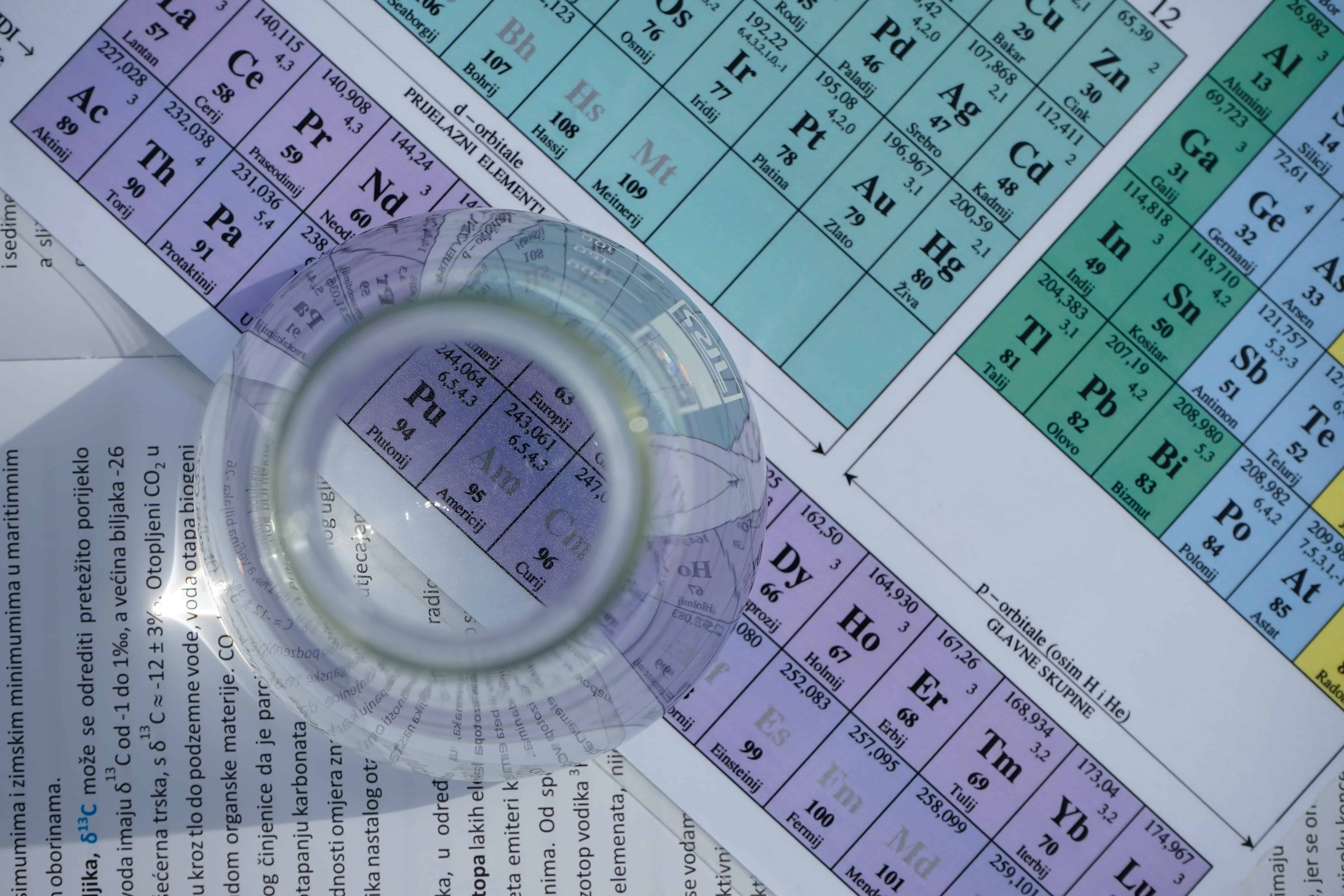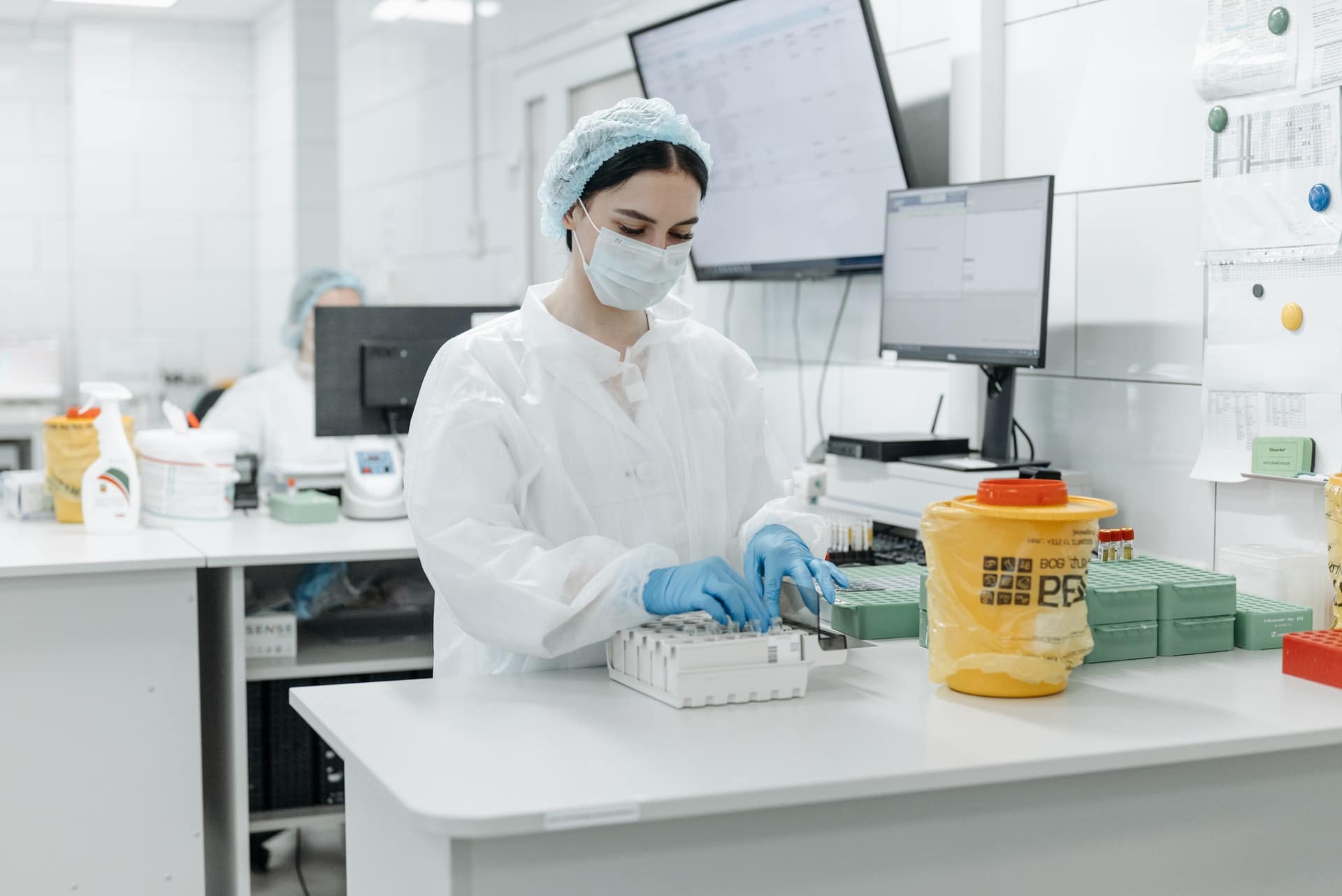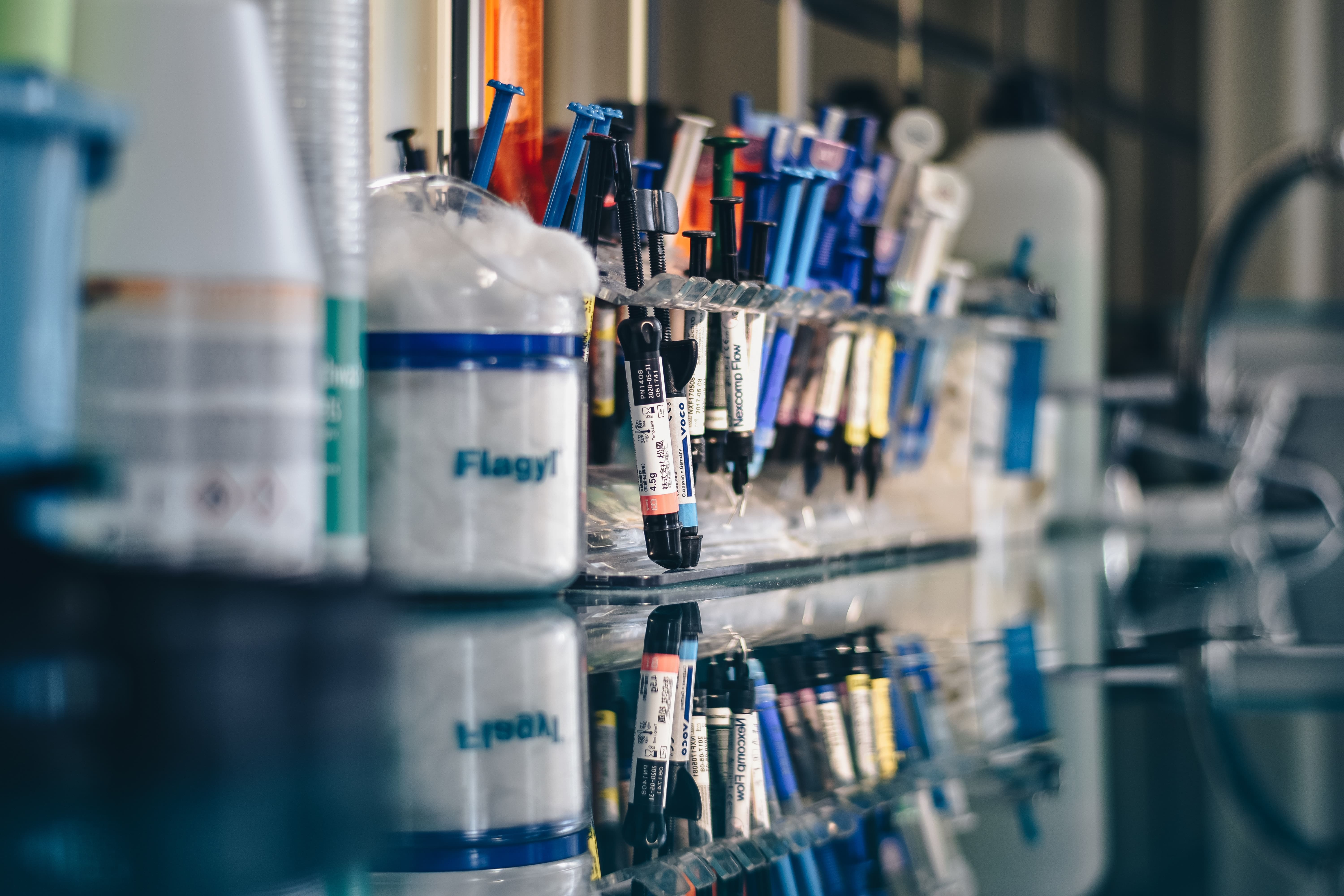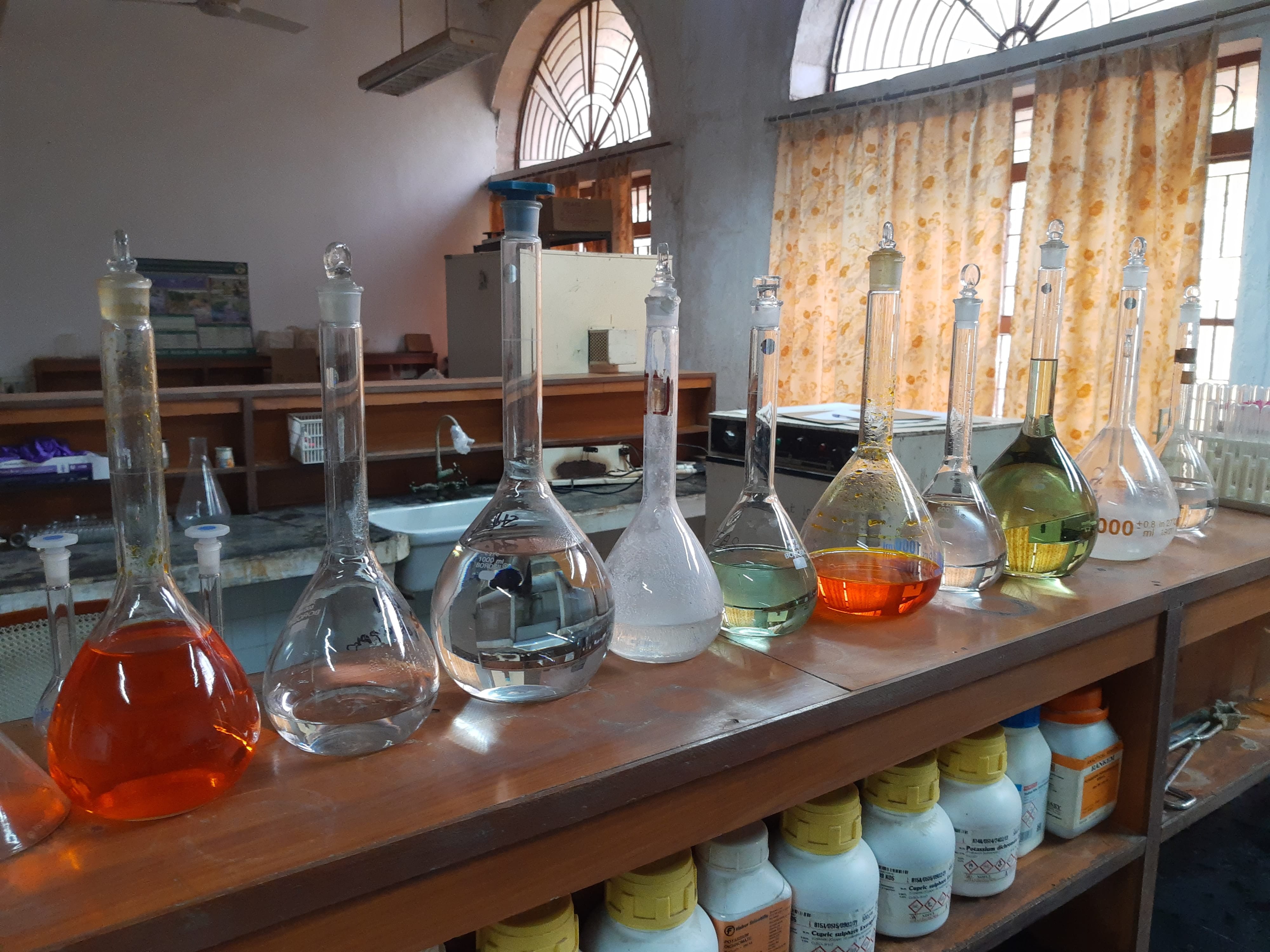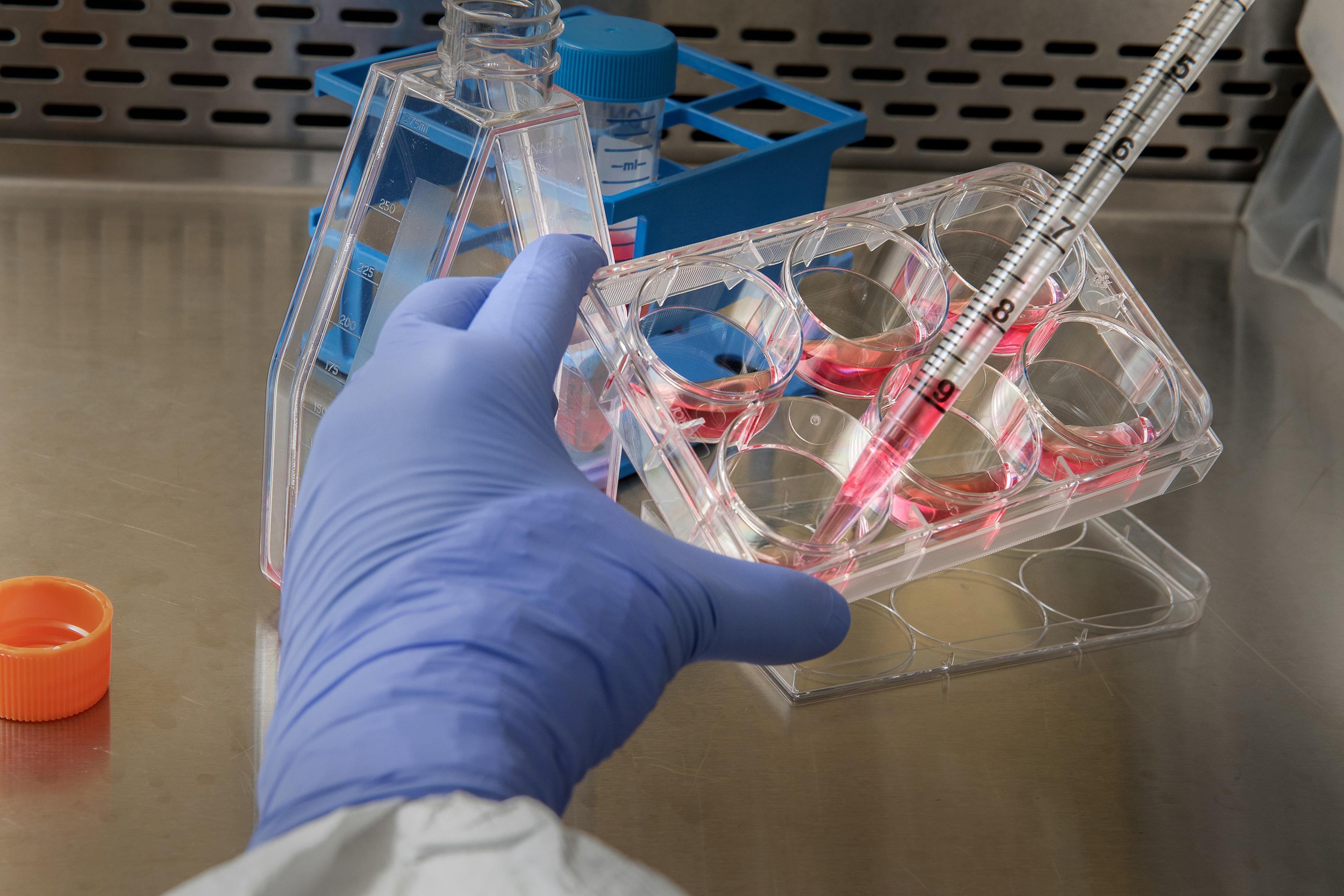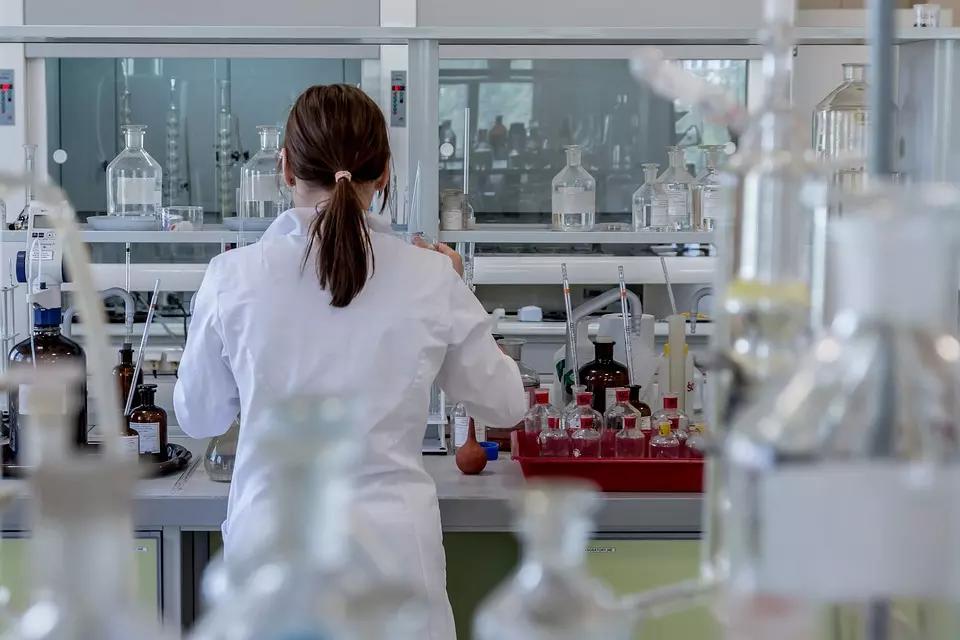All children have their own preferences and likes when it comes to the subjects that they learn about at school.
Some children, for instance, may take easily to art and English classes, while others prefer history or languages. Some children may even prefer maths and the sciences over other subjects.
Although every child is different, and as such will like different subjects compared to their peers, often the more scientific subjects on a school’s curriculum have a reputation for being:
- Unpopular;
- Difficult; or even
- Boring.
Chemistry, unfortunately, seems to have fallen into this category and as a result is classed by many as a “difficult” subject. While it’s understandable that some children may be averse to the sciences – for example, if their maths skills aren’t quite up to par – there’s no reason why the vast majority of children shouldn’t be able to do well in their chemistry lessons, regardless of whether they would like to pursue chemistry.
One way that the sciences such as chemistry can gain back their reputation as being “fun” subjects is to try and encourage children, even from a young age, to take an active interest in chemistry, maths, and the other sciences. Doing this should hopefully make the subject feel more accessible to every child, and hopefully will improve that child’s chances of doing well in the subject at school.
With that in mind, below are a few ways that could be used to encourage children to be more engaged with the world of chemistry, and hopefully by implication its neighbouring subjects.
Get an online chemistry tutor for your kids.


What are the Reasons My Child is Struggling with Chemistry in School?
One of the biggest issues in combating the perception of chemistry as a difficult subject is the fact that there’s a common belief among many parents and students that chemistry, along with any science subject, is inherently difficult and therefore only students who are academically gifted should be good at such subjects.
In reality, there could be a variety of different reasons why children struggle to do well in their chemistry, physics, or biology lessons. A chemistry tutor can help determine the source of your child's difficulties.
Low Quality Instruction in School
One potential issue could be the fact that the teacher is not particularly effective at communicating key topic areas in the curriculum. Many teachers,, especially at the elementary level, tend to be generally qualified to teach all subjects, though they may excel in some more than others. For example, some elementary teachers may be particularly strong in teaching English literature, but weak in teaching mathematics and science.
Having a teacher who is weak in teaching science and chemistry, unfortunately, can lead to mainly textbook based learning or the omission of hands-on lessons that make subjects like chemistry so fun and rewarding.
If your child is learning chemistry with a teacher that is not particularly strong in teaching it, you may want to consider sharing your concerns with the teacher or the administrator at your child's school.
A Challenging Learning Environment in School
Another reason your child struggles to understand chemistry - and maybe even other subjects in school - is that they are learning in a challenging environment. It is common for new and even experienced teachers to struggle to deal with an unruly class, which in turn has an adverse effect on how much the entire class can learn during a lesson.
Underfunded schools, large class sizes, and the after-effects of major world events have created a perfect storm of factors that lead unfortunately to poor quality learning environments. While some of these issues may take years to get addressed and properly fixed, your child may be in a class room where more time is spent managing the behaviour of pupils than receiving high quality science instruction.

Your Child Needs to Learn their Foundational Science Knowledge
However, it’s not always, or even sometimes, the teacher’s fault. Another reason why children may struggle to do well in chemistry may be down to a lack of knowledge of the basics of chemistry on the part of the student or child.
For instance, a pupil may struggle in chemistry if they:
- Aren’t aware of at least the most well-known elements in the periodic table;
- Haven’t mastered particular areas of maths, which are used to solve chemical equations; or
- They haven’t grasped the basics of chemistry, such as chemical bonding, chemical states, the differences between acids and alkalis, or the difference between a molecule and an atom.
Thankfully, such issues can be easily rectified, especially if a child is taught about such topics or concepts early on.
Why You Should Support Your Child With Their Chemistry Learning at Home
Of course, another great way to inspire your child to learn more about the world of chemistry is to have them learn more about the subject at home.
With so many factors out of your control in your child's classroom, take comfort in the fact that you have complete control over what they learn when they get home from school. Extending learning from home is an excellent way to supplement the work your child does in school. Best of all, you don't have to grade them or mark any tests or papers!
This approach can help regardless of whether your child is currently too young to attend school or is currently studying chemistry through a school curriculum.
You may be wondering, how can my home be a good place for my child to learn chemistry?
Your home is actually a wonderful place to learn - you likely already have a lab set up, which is your kitchen! While a kitchen may not look like a science lab, you likely have all the tools their for your child to do some experiments (with some supervision, of course!). You also likely have internet access to enable your child to explore different chemistry content. And if you live in an urban centre, you can extend the learning to other amenities in your community as well.
By having your child learn about chemistry outside of school, you can help develop or tease out any interest that your child has in the subject, which should in turn help to:
- Improve their marks in chemistry lessons (if they currently have chemistry lessons);
- Reinforce the idea that sciences don’t have to be boring to study; and
- Make your child more receptive to further study in a science such as physics, chemistry, or biology, and perhaps even excited about a potential future career as a chemist or a scientist.
Look up for the best chemistry tutors on Superprof.
Ways To Help Your Kids Learn Chemistry Outside of School
Use Books and other Media to Spark their Interest
You could encourage your child to learn about the basics of chemistry through more interactive media, whether that’s listening to a podcast by the Royal Society of Chemistry or reading an educational book about chemistry that is aimed at children, such as the Horrible Science book series.
For some ideas of fun educational programmes that you could introduce your child to, there is a range of programmes out there, which you can often find through a quick search on the internet.
These programmes also come in a variety of lengths. The BBC, for instance, has some short videos which can be helpful in learning about some basics in chemistry such as the periodic table. On the other hand, programmes such as Bill Nye the Science Guy are a little longer and cover a range of topics.
Your children are likely already highly familiar with the plethora of video resources on sites like Youtube or streaming services like Netflix. Find some channels or programs with a science theme, and make watching those videos part of your weekly or weekend routines. Who knows, maybe you and your kids can recreate one of those experiments at home!
So whether your child enjoys watching a science demonstration that teaches them about basic chemistry such as atoms and atomic structure, or they prefer to watch a more active science experiment featuring fizzy drinks, bubbles or bright colours, there's a good chance that there's a programme out there that will satisfy their curiosity.
Read more about how to teach chemistry to children.

Hire a Chemistry Tutor
If you’ve noticed that your child appears to be struggling in maths, then it might be an idea to get them a tutor, such as a chemistry tutor from Superprof, to help bring their knowledge in line with expectations.
Science tutoring is a high impact way to extend learning into the home, with very little effort on the part of the parent beyond paying the tutor. If you don't feel particularly strong in science yourself, or you are a busy family with many other competing priorities, a tutor is an excellent remedy for a child who is uninterested in science.
You can collaborate with a tutor to design a program for your child that will get them interested in science. In addition to helping your child grasp new concepts or provide help on assignments, you can ask the tutor to do some "fun" experiments with your child in the kitchen, backyard, or basement.
Is your child struggling in multiple subjects? A tutor can work across different subjects, especially if your child is in elementary school. This is a huge win for families who have a child or children struggling in school. If you have multiple kids, they can also support your other children at the same time or in different sessions.
How do I Find a Science or Chemistry Tutor?
Finding a chemistry tutor is easy on Superprof. Superprof is a site that connects students and their families with local tutors in their regions. You can easily use the search tool on the site to find a science or chemistry tutor near you. Explore different tutor profiles to see if there is anyone that interests you. Connect with them directly through the site, and see if you can find an arrangement that works!

Engage in Fun Chemistry Experiments At Home
One of the best ways you can teach your children about the world of chemistry, and hopefully develop their interest in the subject, is through the use of chemistry experiments.
Let’s face it – chemistry experiments are fun. Often, they involve a variety of chemical reactions that usually look quite cool or are dramatic visually-speaking.
It’s for this reason that chemistry experiments are a great way to introduce your child to the world of chemistry or to help teach them further about particular topics in chemistry, such as the states of matter, which comprise solids, liquids, and gases.
Find an A Level chemistry tutor online.
There are plenty of different science experiments that you can try with your child, with just a few suggestions below:
- The Mentos and Diet Coke volcano, or volcano using baking soda and vinegar;
- Creating and testing invisible ink;
- Making slime, a rocket, or sugar crystals; or
- Experimenting with static electricity or magnets.
However, before you undertake any science experiments with your child, it's important to make sure of the following:
- That the area is safe to use for any experimenting (for instance, you don’t want to make a Mentos and Diet Coke volcano anywhere indoors, unless you want to soak the room!);
- That the materials used in the science experiment are safe for both you and your child; and
- That the experiment is age-appropriate for your child and that your child has appropriate supervision.
If you want to set up a chemistry set for your child, remember that you don't need to necessarily buy lots of measuring beakers, tests tubes, or even a microscope, as the aim isn't to recreate a full science laboratory. Equally, you might even find a chemistry set that you can buy in the shops if you don't feel comfortable creating your own.

Take Your Child Out to a Science Centre or Fair
Finally, use the resources available in your city, community, or region to make science fun for your kids! If you live in a large city and have access to a science centre, do not hesitate to visit it. These places have loads of interactive exhibits, demonstrations, and movies to make learning science a truly immersive experience.
Many families even choose to acquire an annual membership, which ensures that you can visit multiple times a year at a reduced cost. You will also be supporting your local science centre, which is great for the community.
If you live in a smaller town, find out if there are any science fairs or demonstrations being held at local schools or community centers. Your child will be able to see how other kids are learning independently or taking their science exploration to the next level. If you don't have any science events occurring locally, it might be a good reason to collaborate with other parents or even your child's school to help set one up.
Recap: Helping Your Child Develop an Interest in Chemistry
Avoid depending solely on your child's school to awaken your child's scientific mind. As a parent or guardian, it is also your role to help your child develop their interests! This can be critical, especially if conditions for learning science and chemistry are limited at school. Broadly speaking, six good tips to help develop your child’s interest in chemistry outside of the classroom include:
- Spending extra time on homework assignments when at home;
- Watching educational programmes that help develop a child’s understanding of the principles of chemistry;
- Playing around with different chemistry sets at home;
- Trying out a safe, home-made chemistry experiment or two using household ingredients;
- Reading a range of chemistry books that are designed with younger readers in mind; and
- Taking your child to a science museum or science-based event such as a science fair.
Get a Chemistry tutor Toronto here.
Of course, this list is not exhaustive, but the aim is to make sure that you and your child experience some fun science while also remaining safe as you conduct and observe the science experiment.
If you need any help teaching your child more about chemistry, then remember that it’s also perfectly acceptable to reach out for help. Speaking to a chemistry teacher for some ideas on fun experiments, for instance, can be a great way to find fun ideas for experiments that you may not have thought of yourself or found online.
Equally, you can always reach out to a chemistry tutor on Superprof if you’d also like to help your child learn about the principles of chemistry in a more structured way. Lessons can either be held remotely or online, so it’s just a case of deciding which tuition method would work best for you and your child.
Summarize with AI:
















